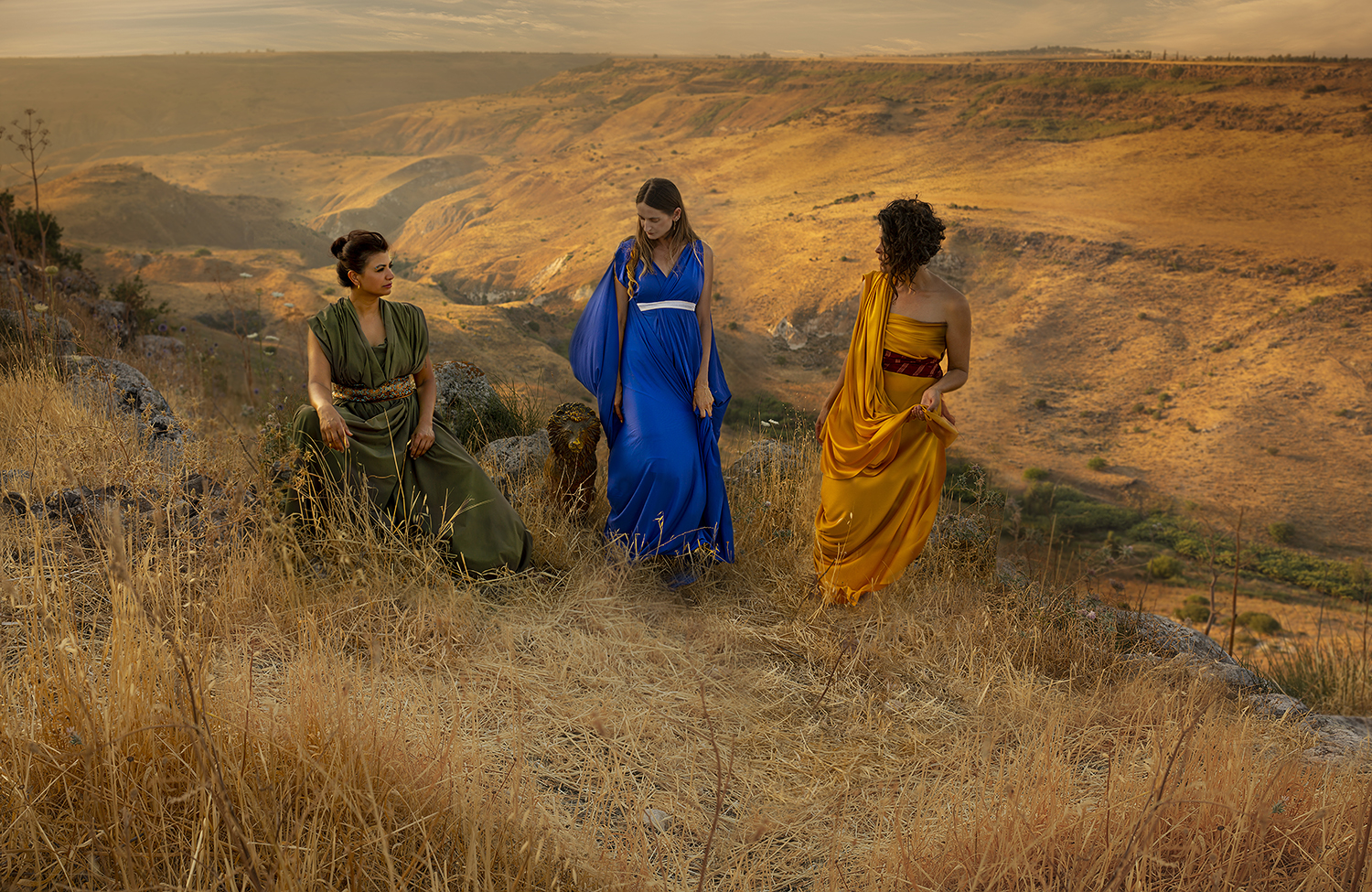Hamutal, Zebudah and Nehushta
Hamutal, Zebudah and Nehushta
Hamutal
״Jehoahaz was twenty and three years old when he began to reign; and he reigned three months in Jerusalem; and his …
Zebudah
״Jehoahaz was twenty and three years old when he began to reign; and he reigned three months in Jerusalem; and his …
Nehushta
“Jehoiachin was eighteen years old when he began to reign; and he reigned in Jerusalem three months…
Hamutal, Zebudah, and Nehushta — Wives of the Last Kings of Judah
Hamutal, Zebudah, and Nehushta were the wives of the last kings of Judah.
In the background of their story are two empires — Egypt and Babylon — and their influence over the small kingdom of Judah.
Hamutal and Zebudah were the wives of Josiah; their sons ruled after his death.
Hamutal was from the Kingdom of Judah and was pro-Babylonian.
Zebudah was from the now-destroyed Kingdom of Israel and was pro-Egyptian.
Zebudah gave birth to Jehoiakim (Eliakim), the eldest; Hamutal gave birth to Jehoahaz and Zedekiah.
Nehushta was the wife of Jehoiakim and the mother of Jehoiachin.
After Josiah’s death, “the people of the land” chose to appoint Jehoahaz (son of Hamutal and influenced by her), even though he was the younger son. He reigned for only three months. Jehoahaz was the first of the last four kings of Judah after his father Josiah’s death. He was pro-Babylonian and reigned for just three months. Jehoahaz was summoned by Pharaoh Necho to Riblah, where he was arrested, imprisoned, and died.
In his place, Pharaoh Necho appointed Eliakim (son of Zebudah and Josiah) to reign and changed his name to Jehoiakim. He ruled for 11 years. Jehoiakim, the eldest son of Josiah and Zebudah, was aligned with the pro-Egyptian faction.
The end of Jehoiakim’s life is unclear due to conflicting accounts in Kings and Chronicles. According to Chronicles and the Babylonian Chronicle, he was taken to Babylon as a prisoner. However, according to Kings, he died in Jerusalem and was buried with his ancestors (there are also contradictions regarding his burial place — the Septuagint translates that he was buried in the “Garden of Uzza,” implying a location outside the walls of Jerusalem).
His son Jehoiachin reigned after him for three months, appointed by Egypt. Jehoiachin surrendered to Babylon and was exiled by Nebuchadnezzar II in what is known as the “Jehoiachin Exile,” along with Judah’s elite. According to the Radak (Rabbi David Kimhi), Shallum son of Josiah is Jehoiachin.
The last king of Judah was Zedekiah (Mattaniah), the younger son of Hamutal, appointed by the king of Babylon, Nebuchadnezzar II. Zedekiah rebelled against Babylon, fled, and was captured. His sons were slaughtered before his eyes, and then his eyes were gouged out.
The lines of Jehoahaz and Zedekiah, both sons of Hamutal, were cut off.
Jehoiachin, who was exiled to Babylon but not killed, was the last king descended from David. His royal status as king of Judah was preserved even in exile, during the reign of Zedekiah. This is evident from ration tablets from Nebuchadnezzar’s palace that refer to him.
Thanks to Jehoiachin, the Davidic dynasty survived. One of his descendants, Zerubbabel son of Shealtiel, became a leader of the return to Zion and rebuilt the Second Temple.
In Christianity, Zerubbabel is considered one of the ancestors of Joseph the carpenter, husband of Mary the mother of Jesus — once again, in the context of continuing the Davidic line.
Order of the Kings at the End of the Kingdom of Judah:
Jehoahaz son of Hamutal and Josiah (three months)
Jehoiakim (Eliakim) son of Zebudah and Josiah (11 years)
Jehoiachin (Shallum) son of Nehushta and Jehoiakim (three months)
Zedekiah son of Hamutal and Josiah (11 years)

